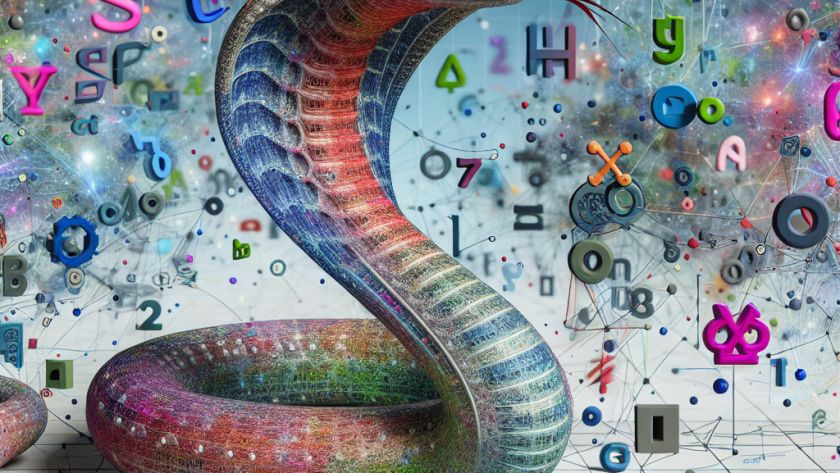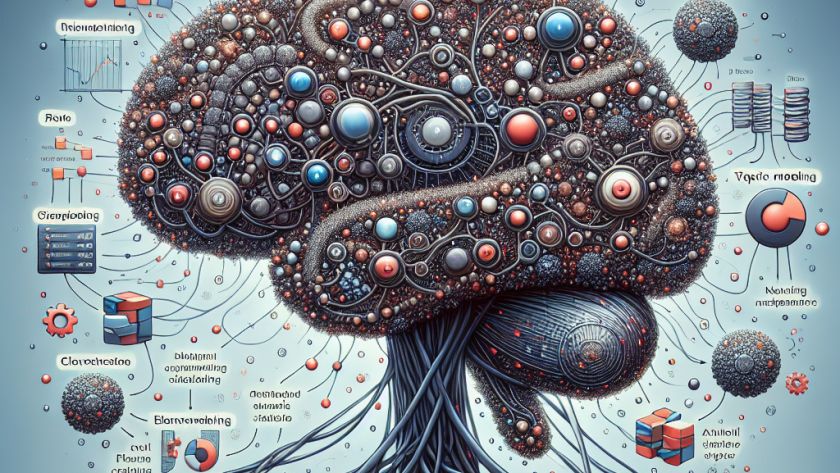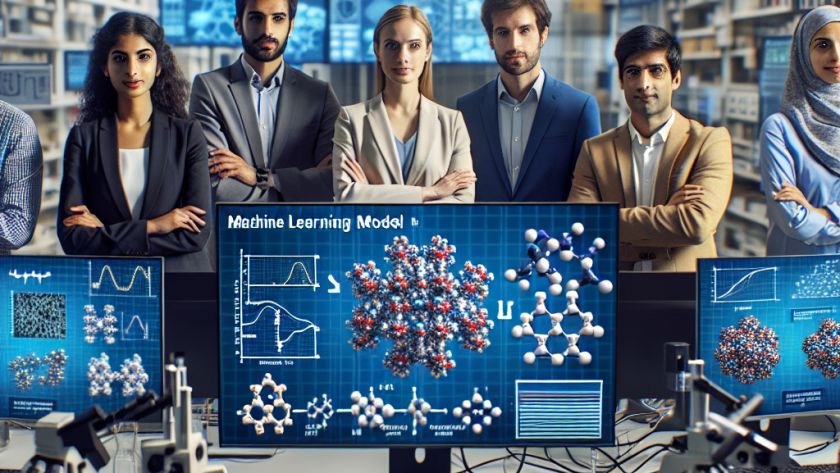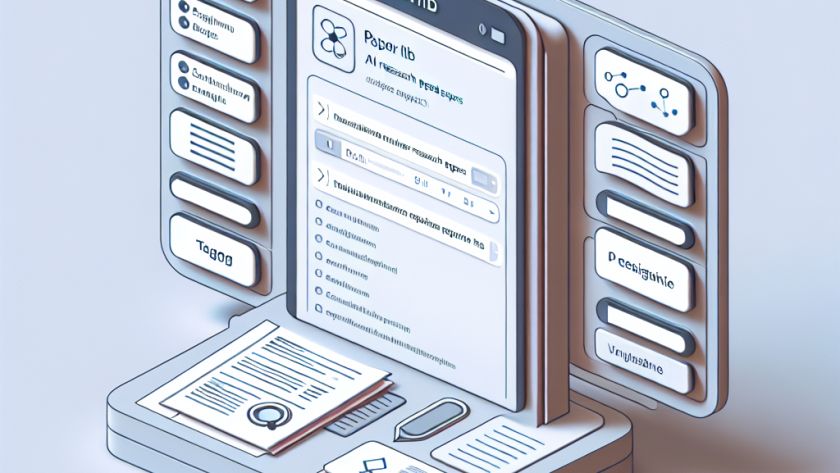The exponential advancement of Multimodal Large Language Models (MLLMs) has triggered a transformation in numerous domains. Models like ChatGPT- that are predominantly constructed on Transformer networks billow with potential but are hindered by quadratic computational complexity which affects their efficiency. On the other hand, Language-Only Models (LLMs) lack adaptability due to their sole dependence on…












